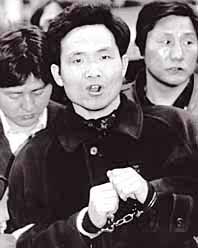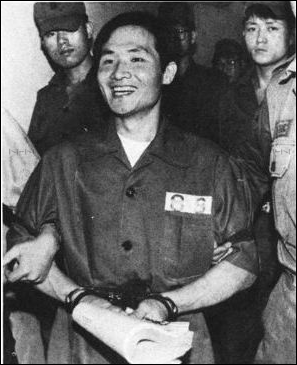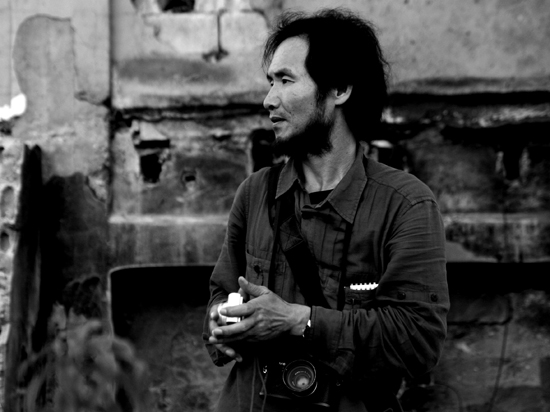|
A friend visited an exhibition now in Seoul of work by somebody called Roh-Hae Park (b.1957). I don’t know the English transliteration of his name; Roh-Hae Park is a likely possibility. The name written in Hangeul is 박노해. There is a Korean Wiki entry on him but no English entry.
His Wiki describes him as a “poet, photographer, labor-, environmental-, and peace-activist.” His story is more interesting than it may seem (see below). It’s the first time I’d heard of him. Here is my translation of one of his short poems. I have failed to find any previous English translation. Presenting this for the first time in the English language….
나는 이 지상에 잠시 천막을 친 자
초원의 꽃처럼 남김없이 피고 지고 자신을 다 사르며 온전히 살아가기를 (박노해) One who pitched his tent upon this Earth for but a moment am I. |
|
Here is some of what I’ve learned about Park’s personal history.
He is a native of Jeolla Province, not far from the birthplace of “Sunshine” President Kim Dae Jung (whose political biography by American journalist Donald Kirk I have just finished; see also post-#321). Roh-Hae Park was imprisoned in 1991, at the age of 33, for his capacity, in the judgement of the court, as “ringleader of an anti-state subversive organization” (반국가단체수괴), one of the many who have been jailed under South Korea’s draconian security laws. He was able to publish a book of poetry from prison in 1993. Without any further knowledge of the unnamed poem I translate above, I presume it to be from that collection. His prison sentence was handed down in the era of President (formerly General) Roh Tae Woo, the final South Korean president associated with the military. Our poet was released from prison in an amnesty of political prisoners by President Kim Dae Jung in 1998 on August 15th, Korean Independence Day, the first time this holiday came around under the new administration. (Kim Dae Jung, elected in December 1997, is known as Korea’s first ever “liberal” president and was beloved in the United States, where he spent some years in political exile, including much time in Northern Virginia. His legacy is mixed in Korea itself.) The activist and poet Ro-Hae Park’s life arc represents, or so we might be very tempted to think, a kind of political-cultural arc of the Republic of Korea itself over the past sixty years. Born in poor circumstances in the 1950s in a rural and neglected corner of Korea (then a depressingly poor country), growing up under the military government, becoming a radical opposed to ongoing military rule in the 1980s, sentenced to prison for his political activities, released from prison with the dawn of the Sunshine Policy in the late 1990s, and finally, attainment (in his middle age) of prestige in the arts, as a cultural figure, the latter reflecting Korea’s soft power across the world through its cultural exports (TV, music…) . It’s almost as if Ro-Hae Park were not a real man, but a fictional creation of a screenwriter to personify Korea itself during the decades in question. I have included three pictures of Roh-Hae Park I find on the Korean Internet, one from 1991 when he was 33, the second in 1998 at age 40 and released from prison, the third in 2007, the year he turned fifty. This year he turns 59. |





